1848
The Fox sisters of Hydesville, New York, claim to communicate with a spirit in their house, sparking widespread interest in Spiritualism. These claims were investigated by multiple individuals, though methodologies varied and were not always scientific.
1853
The first Spiritualist newspaper, The Spiritual Telegraph, is published in New York, promoting investigations into paranormal occurrences.
1860s
British chemist Sir William Crookes begins investigating spiritualist phenomena, including the mediumship of D.D. Home and Florence Cook.
1861
William Mumler, an American photographer, accidentally produces a double exposure image that appears to show a "ghost" in the background. He later becomes one of the first spirit photographers, claiming to capture images of the departed alongside the living.
1862
The Ghost Club is founded in London. Although its focus was more on ghost stories than on scientific research, it helped stimulate interest in the investigation of paranormal phenomena.
1862
Victorian-era fascination with Spiritualism inspires the serialised story 'The Ghost in the Cap'n Brown House' by Harriet Beecher Stowe, author of 'Uncle Tom's Cabin.'
1869-1870
The Dialectical Society in London conducts an inquiry into spiritualism and produces a report acknowledging the occurrence of unexplained phenomena.
1874
Sir William Crookes publishes his research on the mediumship of Florence Cook, claiming to have photographed a full materialisation of the spirit of Katie King.
1882
The Society for Psychical Research (SPR) is established in London. It is the first organisation of its kind dedicated to the scientific study of paranormal phenomena. Notable early members include Henry Sidgwick, Frederic W. H. Myers, and Edmund Gurney.
1884
The Seybert Commission is established at the University of Pennsylvania to investigate the phenomenon of Spiritualism. The commission includes prominent scientists and publishes a largely skeptical report in 1887.
1884
The American Society for Psychical Research (ASPR) is founded by professor of psychology and philosopher William James, who was a leading thinker in the burgeoning field of American psychology.
1891
The Ouija board, a popular tool purported to enable communication with spirits, is patented by businessman Elijah Bond. Though initially marketed as a harmless parlour game, the Ouija board later becomes both a subject of psychical research and a cultural icon associated with the occult and supernatural.
1892
'The Adventures Of Sherlock Holmes' by Sir Arthur Conan Doyle is published. Doyle, a spiritualist himself, often included elements of spiritualism and the paranormal in his works.
1893
Frederic Myers publishes his two-volume work, 'Human Personality and Its Survival of Bodily Death,' a foundational text in the field of psychical research.
1920s-1930s
Magician and escape artist Harry Houdini takes on a new mission: debunking psychics and mediums using his knowledge of illusion and stage trickery.
1920s-1930s
British psychic researcher Harry Price investigates and exposes fraudulent spiritualist mediums. He conducts notable investigations into famous paranormal occurrences, including the Borley Rectory, which he dubbed "the Most Haunted House in England."
1922
Sir Arthur Conan Doyle publishes 'The Case For Spirit Photography,' validating and promoting the phenomenon. His endorsement sparks significant public interest, but also controversy, as many critics accuse spirit photography of being a fraudulent practice.
1927
J.B. Rhine, considered the "father of modern parapsychology," establishes the Parapsychology Laboratory at Duke University. This marks a shift from the term "psychical research" to the term "parapsychology."
1930s
Rhine introduces the experimental approach to parapsychology, including the use of Zener cards for testing extrasensory perception (ESP). The cards were later made famous by Dr. Peter Venkman in the 1984 'Ghostbusters' movie.
1957
The Parapsychological Association (PA) is formed to support the scientific study of paranormal phenomena.
1969
The PA becomes affiliated with the American Association for the Advancement of Science (AAAS), increasing the credibility of psychical research within the broader scientific community.
1970s
Remote viewing programs, such as the Stanford Research Institute's Stargate Project, receive funding from the US government, demonstrating a serious interest in the potential applications of psychic phenomena.
1979
The Princeton Engineering Anomalies Research (PEAR) lab is established to study psychokinesis.
1980s-2010s
James Randi takes up the mantle from Houdini in debunking psychics, mediums, and pseudoscience. He became well-known for his $1 million challenge, which offered a never-claimed cash prize to anyone who could demonstrate supernatural abilities under controlled conditions.
1997
Dean Radin publishes the book 'The Conscious Universe,' in which he includes a meta-analysis of ganzfeld experiments providing statistical evidence for the existence of psychic phenomena. The work continues to be subject of much debate among parapsychologists and skeptics alike.
2007
The PEAR lab closes, citing the completion of its original research goal, which was to challenge the scientific community's prejudices against the study of anomalous phenomena. However, they also stated that the questions raised by their research needed much more comprehensive scientific exploration.
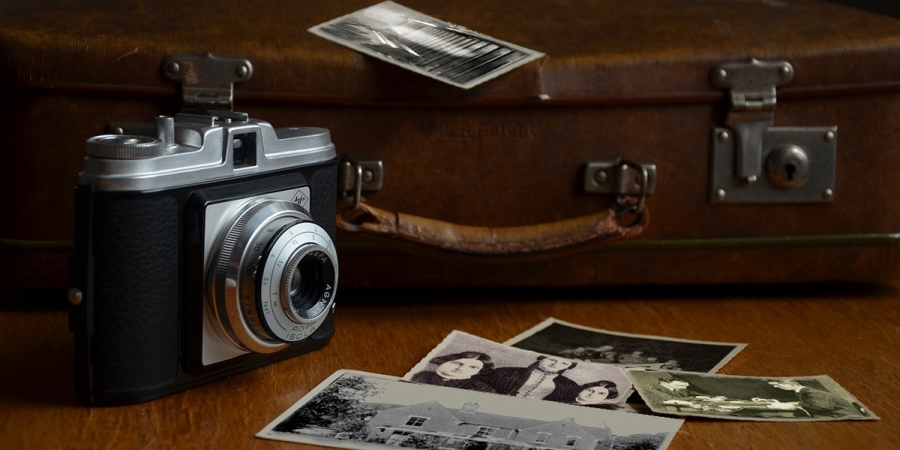

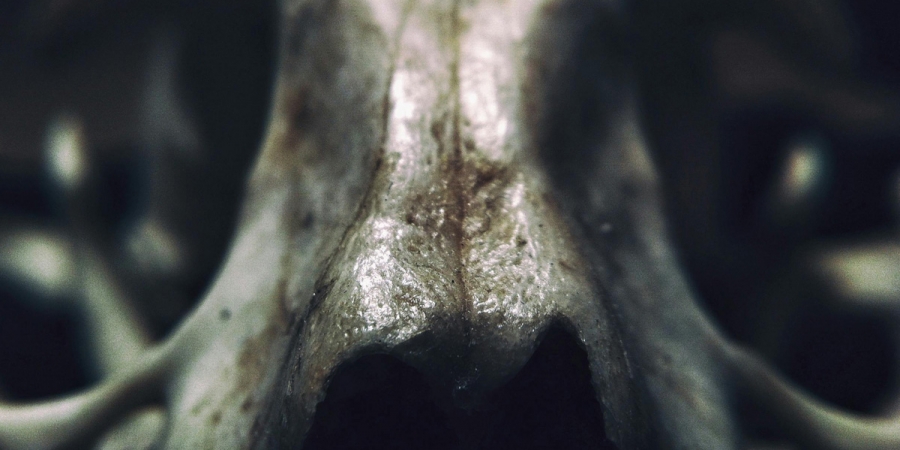
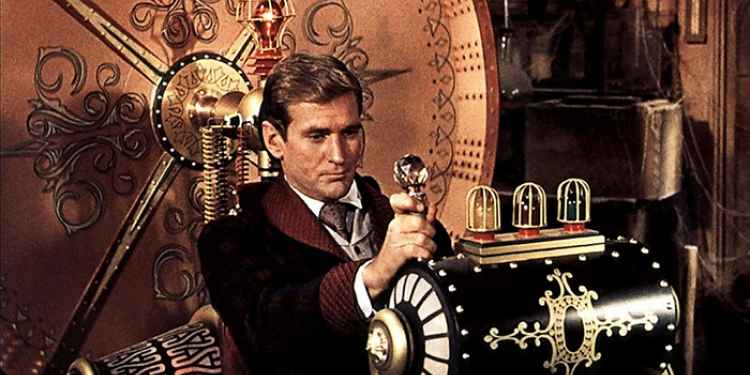
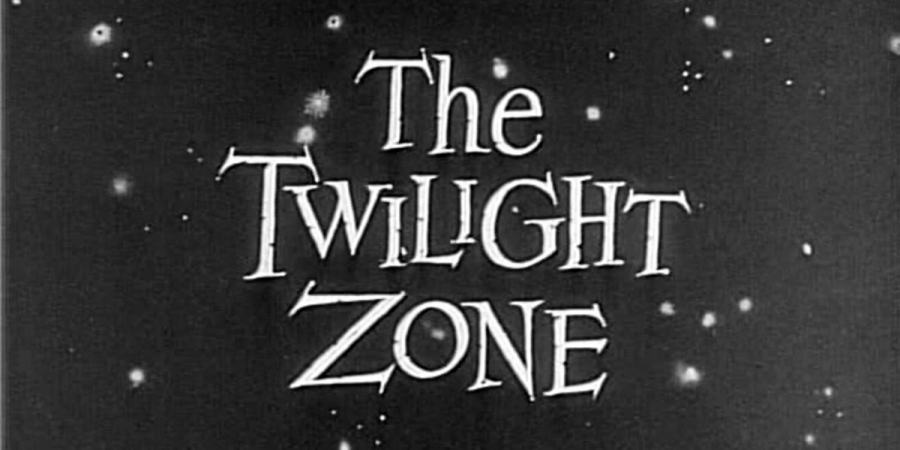
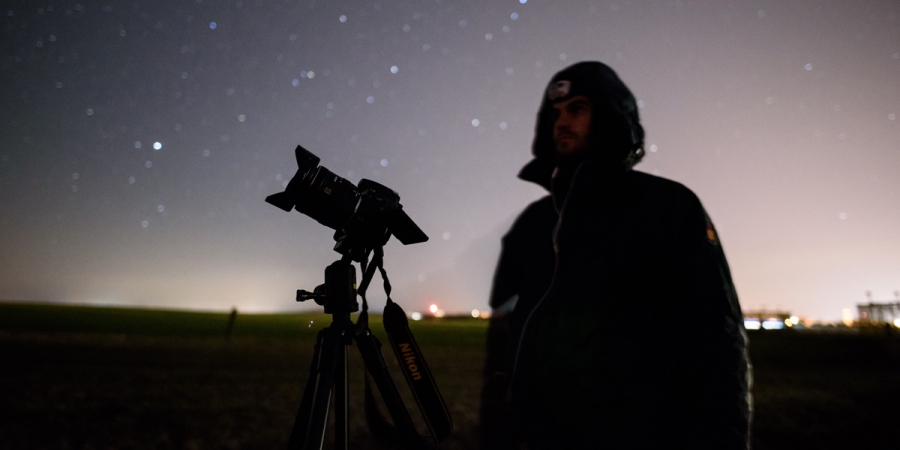




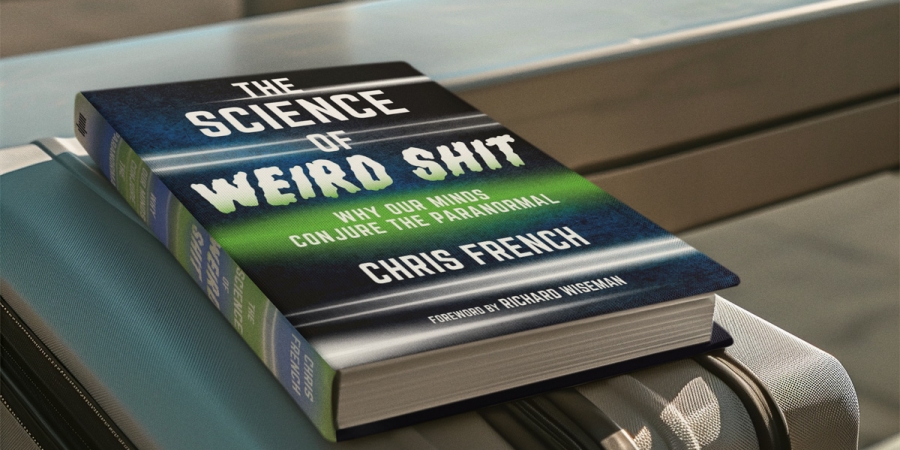

 See More on Audible
See More on Audible
Comments
Want To Join The Conversation?
Sign in or create an account to leave a comment.
Sign In
Create Account
Account Settings
Be the first to comment.